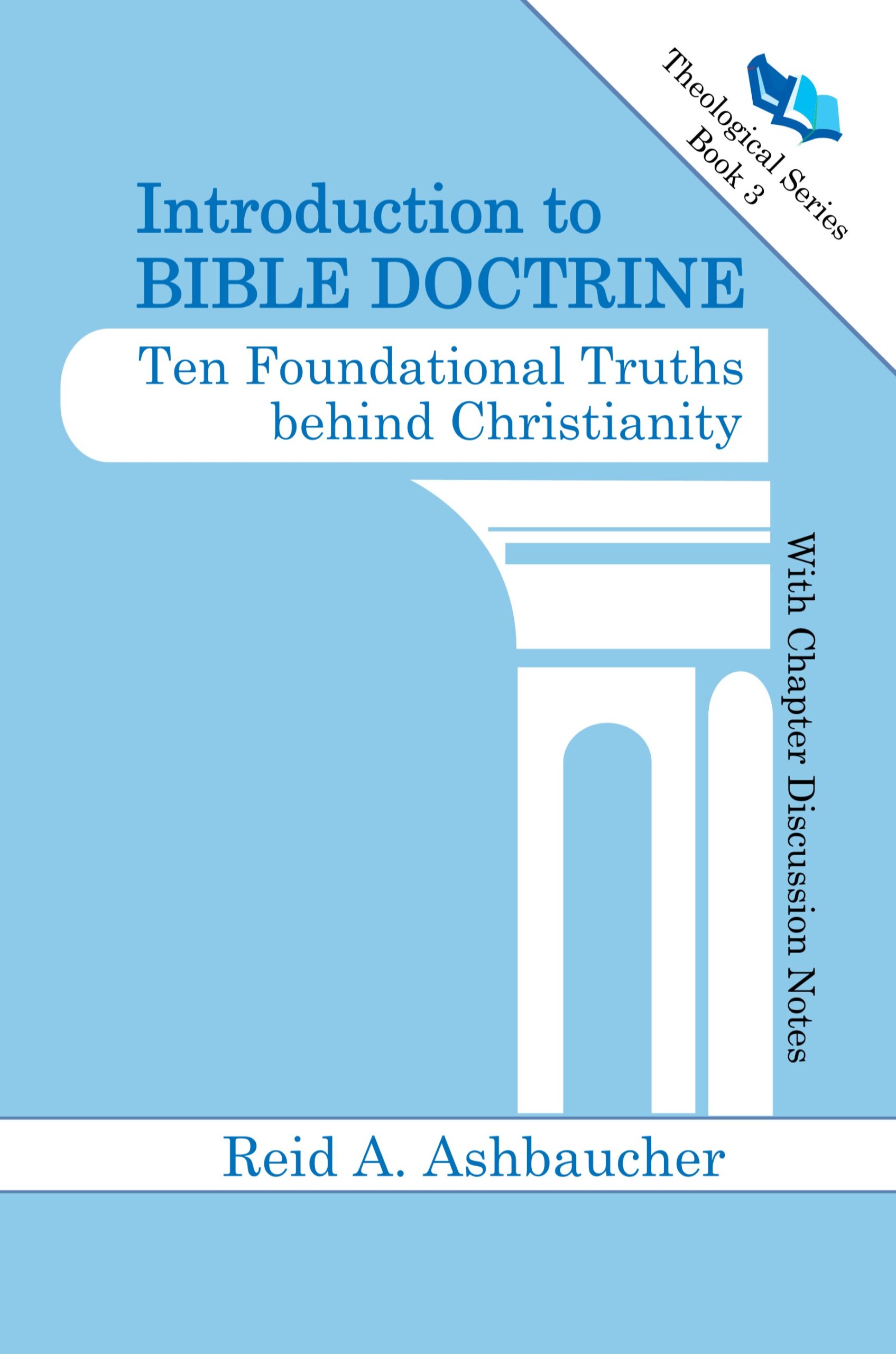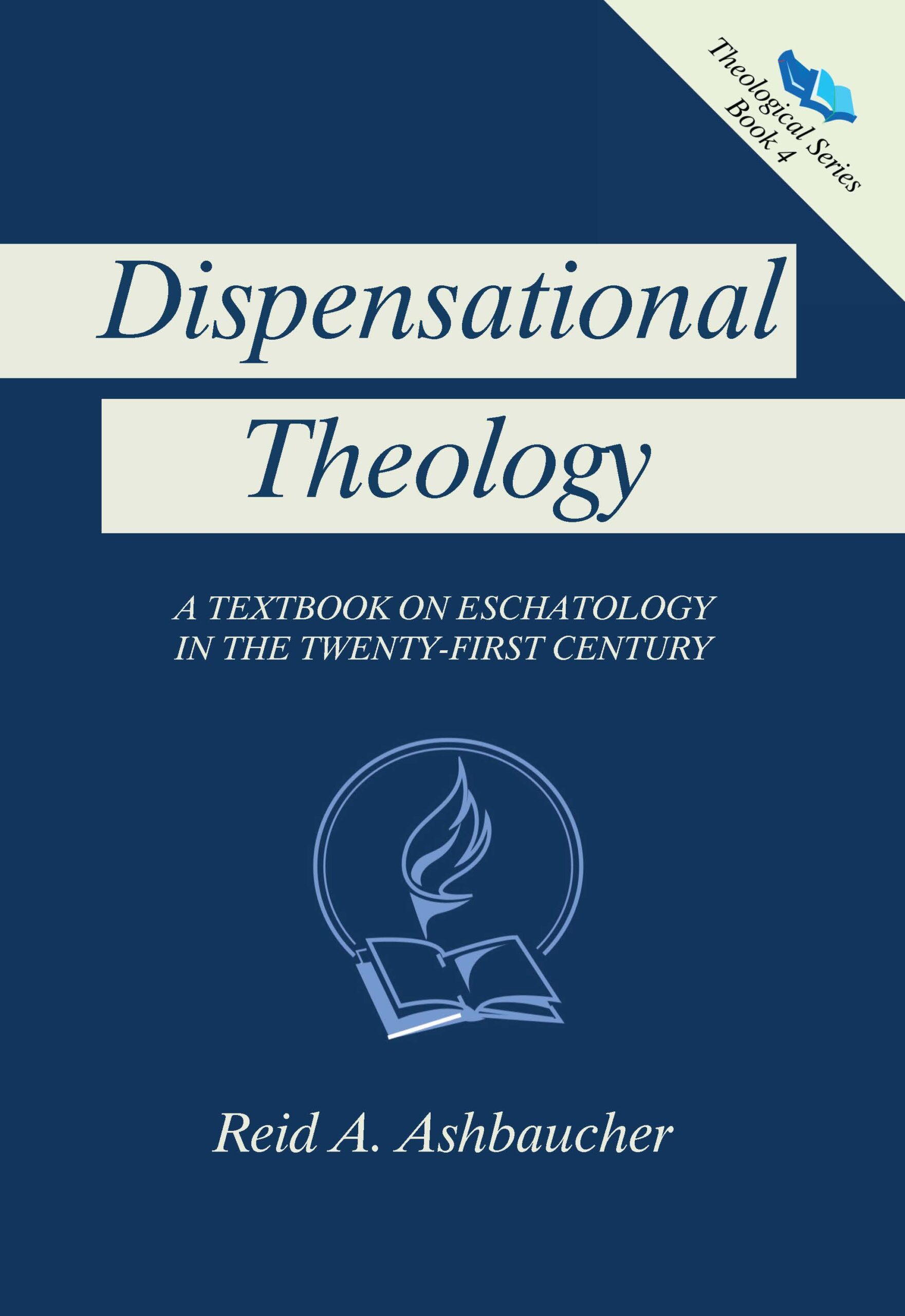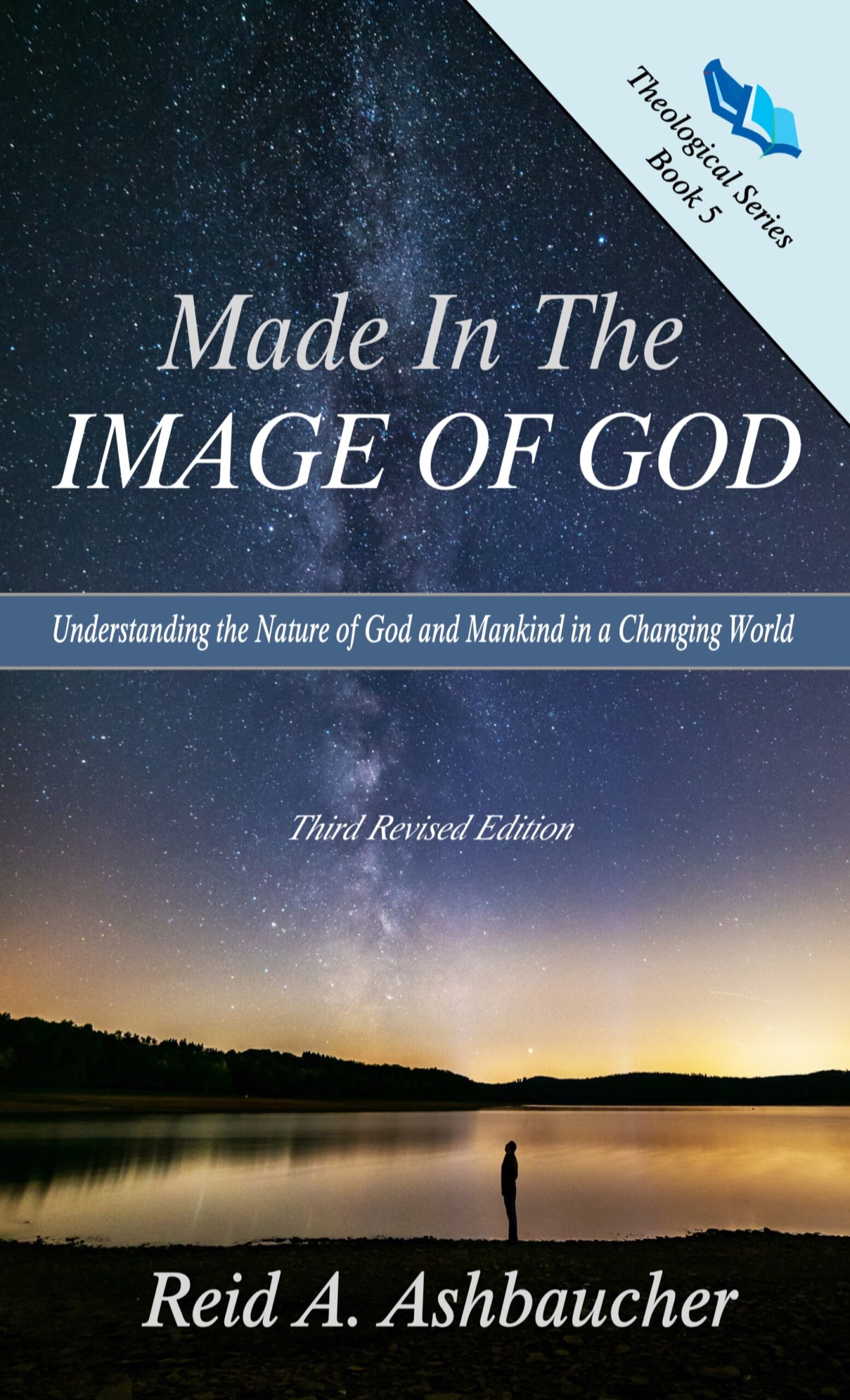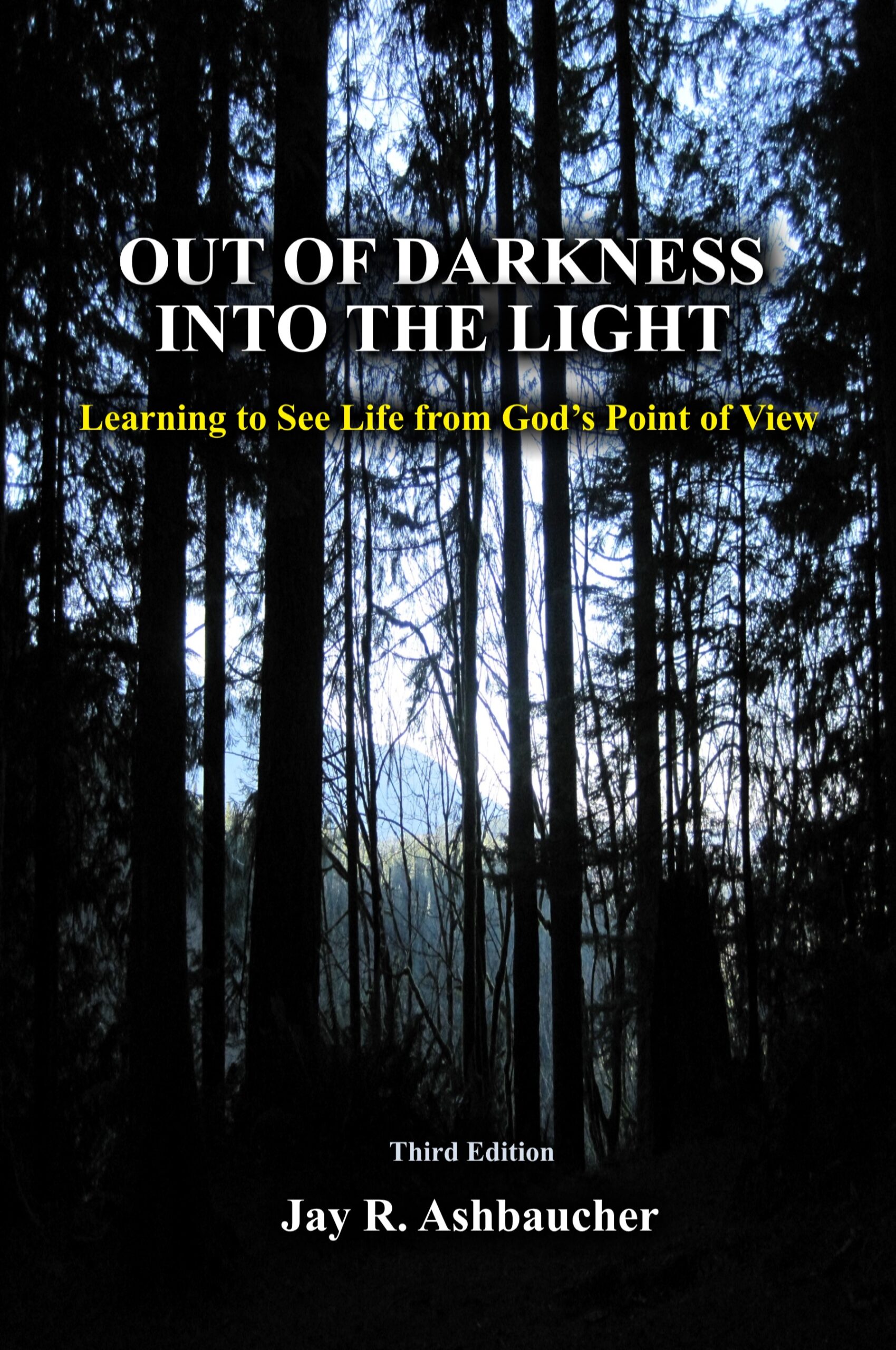by Robert Driskell
12/19/2013
Many people think that science and Christianity are at war. They think that either science has proven Christianity false or the Bible says that science should be avoided or ignored. Neither of these positions is true, as Paul Taylor points out in his book Don’t Miss The Boat. Mr. Taylor has a Master’s Degree in Science Education and has been writing about creation issues for the last 30 years. I have also read another of his books, The Six Days of Genesis, which I enjoyed very much and from which I learned a lot.
In Don’t Miss The Boat, published in 2013 by Master Books, Mr. Taylor addresses many interesting verses and passages in the Bible that theologians have wrestled with for a long time. While not necessarily the final word on these passages, Mr. Taylor’s interpretation is both logical and biblical, two very important requirements for any interpretation of Scripture.
The identity of the “Sons of God” and the “Daughters of men”, found in Genesis 6:4, is but one of the interesting topics for which Mr. Taylor gives an explanation. The verse which says that man’s days shall be “120 years” is also given a reasonable, and biblical, interpretation by Mr. Taylor.
Another biblical passage treated in the book is the passage that says that Jesus proclaimed the Gospel message to the ‘spirits in prison’. This passage has always been somewhat mysterious to me and I have never heard an interpretation that really satisfied me…until now. Once again, his treatment of this passage is both logical and biblical.
Most of the book is dedicated to furthering one’s understanding of creation science and showing how it, rather than an evolutionary view of history, makes more sense of the evidence we see around us. Mr. Taylor quite convincingly shows us that the physical evidence of the earth’s features is better explained by looking to a one-time global flood than by attributing everything we see to slow processes taking millions or billions of years. He writes, “Modern, secular geologists make the mistake of assuming that everything they observe in this modern phase is applicable to the entire geological history of the earth” (p. 151). The correct viewpoint, he asserts later, when he writes, “What we need to do is to view that evidence through the correct, biblical paradigm, which in this case must make reference to the catastrophic events of the global flood” (p. 159).
While the book focuses on the creation/evolution debate, it also does something that I’ve always admired about books from Master Book publishing: the final chapter is actually a presentation of the Gospel. The folks at Master Books, and Mr. Taylor, realize that winning the argument concerning the beginnings of the earth matter little if one is left in his or her sins. Therefore, the writer makes the way of salvation clear in the final chapter of this book. I applaud this effort.
With discussions on ‘species and kinds’, the lack of fossil evidence, evidence for a global flood, and some very interesting information on the feasibility of Noah’s ark, this book is a welcome addition to the creationist’s library or a challenging piece of literature to the evolutionist.
Seeking to introduce people to Jesus Christ and to help them become “transformed by the renewing of their mind.”
Article Source: http://www.faithwriters.com–CHRISTIAN WRITERS










